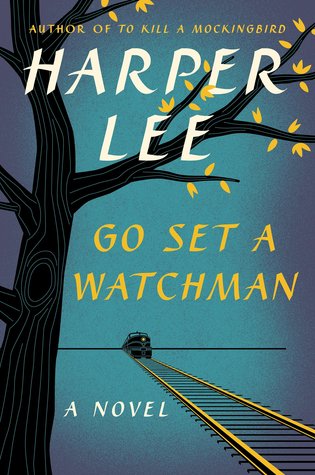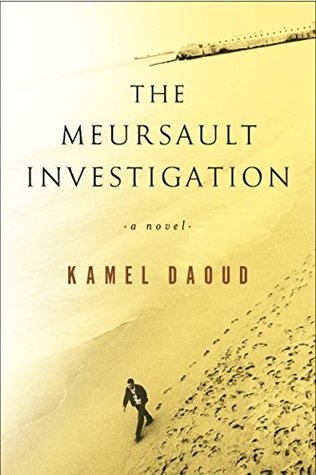You didn't think we were going to stay quiet on Go Set a Watchman, the hotly anticipated, much debated, sequel/alternate reality to Pulitzer Prize winning American classic To Kill a Mockingbird, did you?
No. Way.
Have you read it? Strong feelings on the shocking revelations in the final chapter? We want to hear your thoughts too! Share your opinions in the comments--call it an ebook club if you must. Let's do this!
Many readers and reviewers have expressed shock and heartbreak over what people feel is a drastic shift in the character of Atticus Finch. I would argue, as others before me have, that it isn't just a change in him, but also a reflection of changes in society. That's how fiction does it, really. Harper Lee didn't have to concern herself with telling the reader how Atticus Finch really felt about desegregation in To Kill a Mockingbird--it wasn't the most pressing issue for him in 1930-something, and it had little to do with the events at the center of Mockingbird. I'm not even going to get into all that controversy; it's been discussed adequately elsewhere and I have other issues to address with this novel.
My own personal feelings about Go Set a Watchman?
It's just not very...
*Deep breath*
good.
I mean, it's OK, I guess. I do think if it had been published right after To Kill a Mockingbird, or in addition to it (as a much longer work), people wouldn't still be talking about Mockingbird. It's been long enough now since Lee's first book that it won't likely run the risk of being overshadowed by the mediocrity of her second. Go Set a Watchman reads a bit like watching the reel of deleted scenes at the end of a DVD and wishing you hadn't, or, if you've ever been disappointed by the director's cut (Aliens? I'm looking at you, Ridley Scott) you know that sometimes, most times, an editor is actually a good thing to have at one's disposal. If only I had one to look behind me for blunders...
The only real tension or conflict, and the only actually interesting thing to happen in Watchman, happens in what has been the most confounding, upsetting, and jarring portion of the book for so many readers. If you have been hiding underground, deliberately avoiding reviews of this book like some sort of plot spoiling virus, you won't know to what I'm referring. This novel is missing something like the court case that was at the center of Mockingbird to propel the narrative. It lacks any kind of glue to adhere the scraps of homespun southern charm in Jean Louise's many mental digressions. Scout's return home from New York to a slightly different Maycomb isn't enough. In fact, it leans a little hard on the "can't go home again" trope. It also makes the assumption that readers already know and love Mockingbird, and I'm sure most do, so that all the character, plot and setting development that Lee did so splendidly before is an unnecessary trifle, and you won't find any of that in Watchman. The basics: Scout comes home, has some flashbacks to her childhood, argues with her father, forgives him.
A far better pick, in my humble opinion, from the "long awaited sequels to beloved classics" list: The Meursault Investigation by Kamel Daoud which follows up with the events of The Stranger, Nobel prize-winner Albert Camus's novel about a young French man allegedly so confused by heat stroke that he shot and killed an unarmed man, an "unnamed Arab", on the beach in Algeria. Daoud's novel names the victim Musa, and tells the story of his murder and the terrible aftermath from the perspective of his brother, Harun. After years of living in the shadow of his brother's murder, Harun opens up to a journalist in a bar about the tragedy that shaped his life, his story of isolation, suffering and violence, revealing the troubled legacy of colonialism in Algeria.
The Meursault Investigation is a tremendous complement that may even surpass the original, and a poignant criticism of The Stranger. They should be read and discussed side by side from now on.


No comments:
Post a Comment